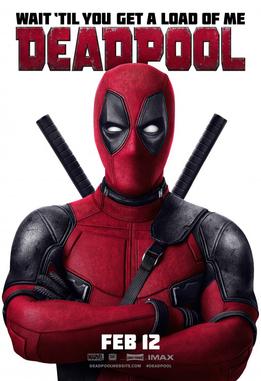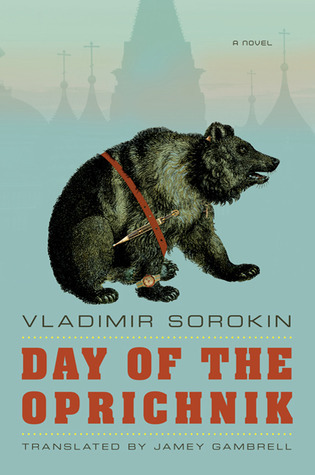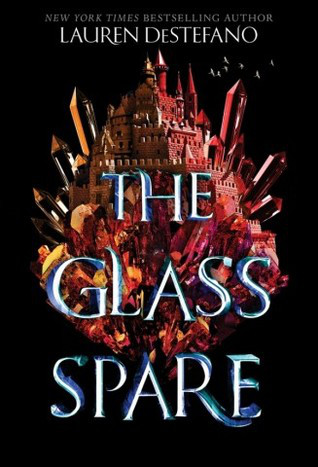 I can’t keep up with the Booker and National Book Award nominees this year: I’m reading too many stunning new books not on the lists.
I can’t keep up with the Booker and National Book Award nominees this year: I’m reading too many stunning new books not on the lists.
Take Jonathan Dee’s The Locals, an engrossing new novel about the impact of 9/11 on the inhabitants of a small working-class town. I read two reviews of this fascinating novel, one good, one bad, and, reading between the lines, decided I might enjoy it.
And I’m so glad I picked it up, because I loved it. Dee’s smart, fast-paced book reminds me of the novels of Richard Russo, which so often are set in down-and-out working-class towns. Dee is a fascinating storyteller, his characterization is vivid and varied, his dialogue is pitch-perfect, and he skillfully interweaves the stories of characters struggling to get by in Howland, Massachusetts. He also relates the town’s politics and wobbly economy to the state of the government at the turn of the 21st century.
It all begins with an identity theft in the aftermath of 9/11. Mark Firth, a contractor/construction worker from Howland, is in New York to meet a lawyer about a class action suit. Naturally, all appointments are canceled, but there he is in the waiting room. A con artist, furious at the cancellation of the appointment, gets acquainted with Mark and steals his credit card.
This kind of thing, unfortunately, happens all too often to Mark, who lost his life savings in a scam. His wife, Karen, who works part-time as a teacher’s aide at a private school to pay their daughter’s tuition, has no respect for her husband, so he doesn’t tell her about the credit card.
Can Mark turn his life around? When Philip Hadi, a wealthy financial adviser, moves to Howland, he hires Mark to do some renovations at the house and install security. Over coffee, he tells Mark that to earn money it is necessary to think of “the big picture.” And so Mark decides the big picture is buying houses and flipping them instead of doing construction work. He goes into business with his brother, Gerry, a former realtor.
His brother Gerry also has problems. So many problems. He was fired from his job for having an affair with the real estate agency’s secretary, and fumes over his boss’s claim that the consensual sex might lead to a sexual harrassment suit. Now he sits at home writing an angry libertarian blog, which never quite takes off, but he gains a small local audience, and his thoughts on blogging are very articulate.
It was cathartic but you couldn’t let it get too cathartic. It was hard, sometimes, to decide whom you were speaking to. Gerry was anonymous—he went by the alias PC Barnum, and he called the blog Workingman’s Dread, which was a Grateful Dead reference he kind of regretted now, but you couldn’t just go changing your blog’s name if you wanted people to be able to find it in the vast steppes of the internet. More than once, he’d deleted entire posts because they’d morphed into angry rants so fringed with personal detail that a savvy local reader might have deduced who PC Barnum was. Personal exposure was something he did not want, at least not yet. Part of it was simple internet convention, but part of it was his feeling that if you didn’t have a name, to which people could attach their various judgments and preconceptions, then you were more credible as a voice, a voice of the people.
 When the local government changes, you would think Gerry would be happy. Philip Hadi volunteers to be first selectman of city council without taking a salary. Hadi saves the local cafe with an influx of money and gives struggling Howlanders money for their mortgages. But when he begins to make decisions without informing the citizens, Gerry attacks him. And you ask, will Gerry bring him down?
When the local government changes, you would think Gerry would be happy. Philip Hadi volunteers to be first selectman of city council without taking a salary. Hadi saves the local cafe with an influx of money and gives struggling Howlanders money for their mortgages. But when he begins to make decisions without informing the citizens, Gerry attacks him. And you ask, will Gerry bring him down?
Is any character likable in this book, you may ask? Yes, I love Candace Firth, Gerry and Mark’s unmarried sister, an assistant principal at a local school. She spends much of her leisure looking after their aging parents, because her mother has Alzheimer’s , her furious father refuses to help his wife, and her brothers do very little. The TV is always on at her parents’ house now (and this virtual world is not so different from Gerry’s internet). Candace is upset.
It was never, ever not on. She could remember being forcibly pushed outdoors, as a child, if she and her siblings got caught spending non-rainy daylight hours in front of the TV. Now it played so relentlessly it effaced whatever was outdoors, all sense of an outdoors. It used to be considered the opposite of the world, but now, in this house anyway, there was no outside world except that of the television, a world of outrage, calumny, tears and canned laughter, provocation, paranoia, sinister forces bent on taking away all you had worked for and earned, just because they wanted it, just because they said so.
When Candace has to go back into the classroom, a small incident (she is sarcastic to a mocking student) escalates into a major contretemps with the parents . She quits her job after she is told to write an apology to the student. Fortunately, the sympathetic Hadi hires her to be the town librarian, and I love her take on libraries, though it is controversial.
You can’t get away from politics in Howland.
I could go on and on about these characters, whom I would happily have followed OUT of the book, but you must read it for yourself. It is thoroughly enjoyable.
Share this:




